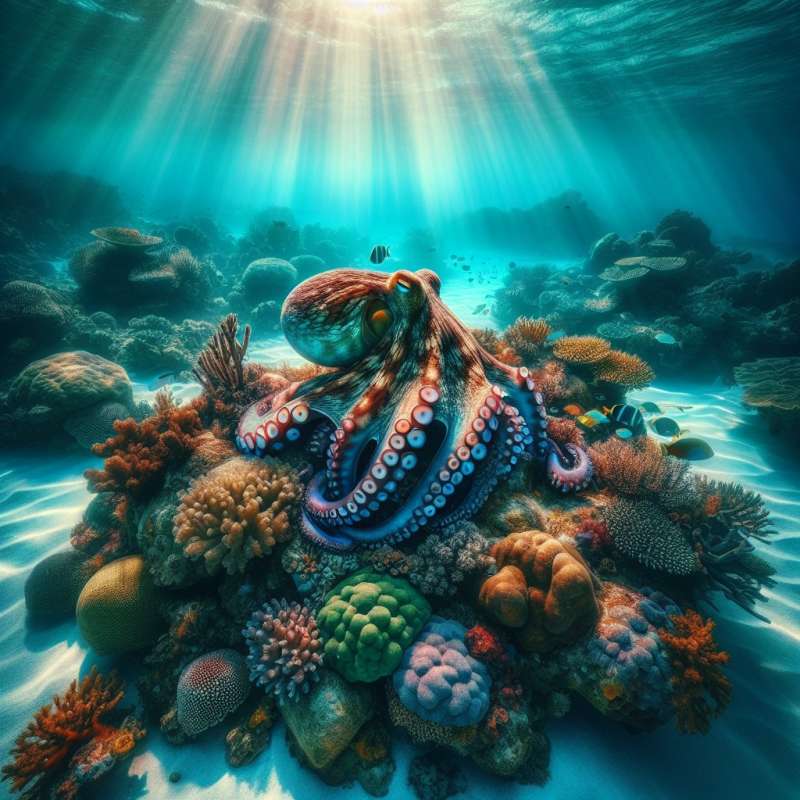
Distinct Body Shapes
Octopuses have a rounded body and bulbous head, with no internal skeleton. Squids have a more streamlined, torpedo-shaped body with a pen-like internal shell called a gladius for support.
Arm Versus Tentacle Count
Octopuses boast eight arms lined with suckers. Squids have eight arms plus two specialized tentacles used for feeding, which are longer and have suckers only at the ends.
Mobility and Jetting
Squids are fast swimmers, using jet propulsion to escape predators. Octopuses typically crawl along the sea floor, though they can also expel water for a quick burst of speed.
Ink Defense Mechanisms
Both octopuses and squids eject ink to deter predators. However, octopus ink contains a substance that dulls a predator's sense of smell, making the octopus's escape more effective.
Lifespan Variations
Octopuses generally live shorter lives, from six months to five years. Some squid species can live longer, with the deep-sea colossal squid potentially reaching over 15 years of age.
Intelligence and Camouflage
Octopuses are known for their remarkable intelligence and problem-solving abilities. Both creatures can change skin color for camouflage, but octopuses also change texture to blend into environments.
Reproduction and Death
Squids often form large groups to spawn, while octopuses are more solitary. Most octopuses die after breeding, with females guarding eggs until they hatch, then passing away shortly after.Blue Blood
Both octopuses and squids have blue blood due to a copper-based molecule called hemocyanin, which is more efficient at transporting oxygen in cold, low-oxygen environments.
What supports a squid's body?
Rounded internal skeleton
Pen-like shell called gladius
Multiple external shells
Company